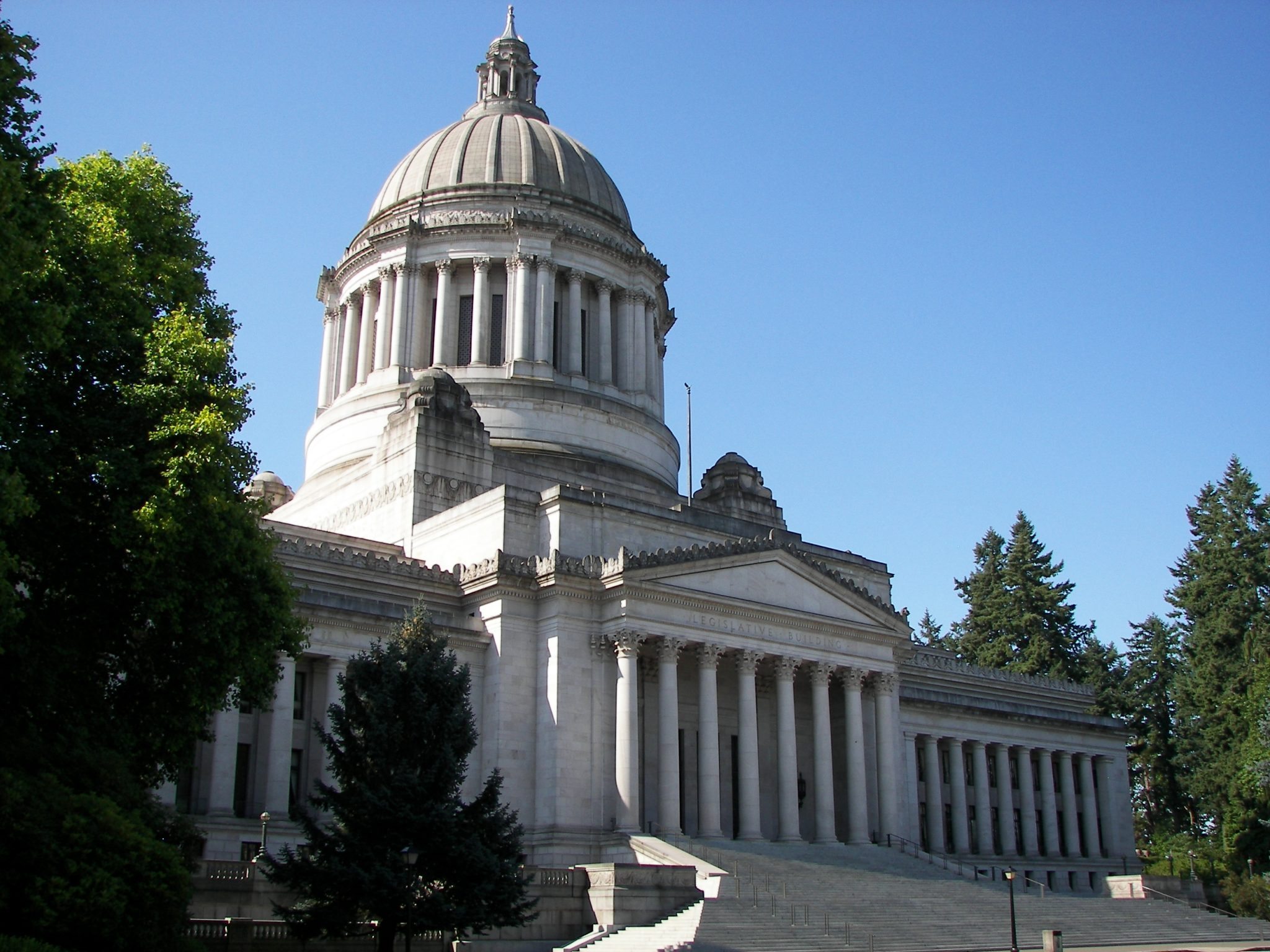Legislative budget writers received good news on Friday when Washington State’s chief economist said the state would receive $274 million more in revenue than previously projected from now through 2017. The unexpected revenue boost grants some relief for pressing budget demands.
Republican lawmakers point out the fact that the added revenue should lower pressure from Democrats to raise taxes. Sen. Andy Hill, state Senate budget writer, said it “reduces the pressure on the perennial call for more taxes.”
Democrat Rep. Ross Hunter, state House budget writer, gave a hesitant response. He referred to the “problem space” as “marginally easier.” But, in the end, agreed with Hill.
According to KPLU, “Lawmakers also agreed the revenue boost is modest when set against the total Washington state budget.” Considering the high cost of funding the Washington Education Association’s (WEA) power-grab initiative (I-1351), the $274 million in extra spending money “dwarfs” in comparison.
The state already expected to take in about $3 billion more in revenues for the next two-year budget cycle (2015-2017). That’s an 8 percent increase from our state’s operating budget of $33.8 billion for 2013-15. It’s due to cost-demands like I-1351 that the state is still projecting a budget shortfall despite the “generous uptick in state tax collections.”
State House Republicans point to I-1351’s cost of a whopping “$5 billion through 2019 and then nearly $2 billion each year following” as a significant factor for shortfall projections. Yet, despite the clear unsustainability of I-1351, Jay Inslee continues to back the WEA’s power-grabbing initiative.
Inslee managed to inflate the problem I-1351 presents to the Legislature when he announced that he does not support repealing the initiative. Of course, Inslee’s announcement came as no surprise. Throughout his time in office, Inslee has stood faithfully by the WEA as repayment for the union’s million-dollar campaign donation. As Shift has reported, Inslee isn’t one to oppose the objectives of major campaign donors—no matter how damaging said objectives are to Washington State.




